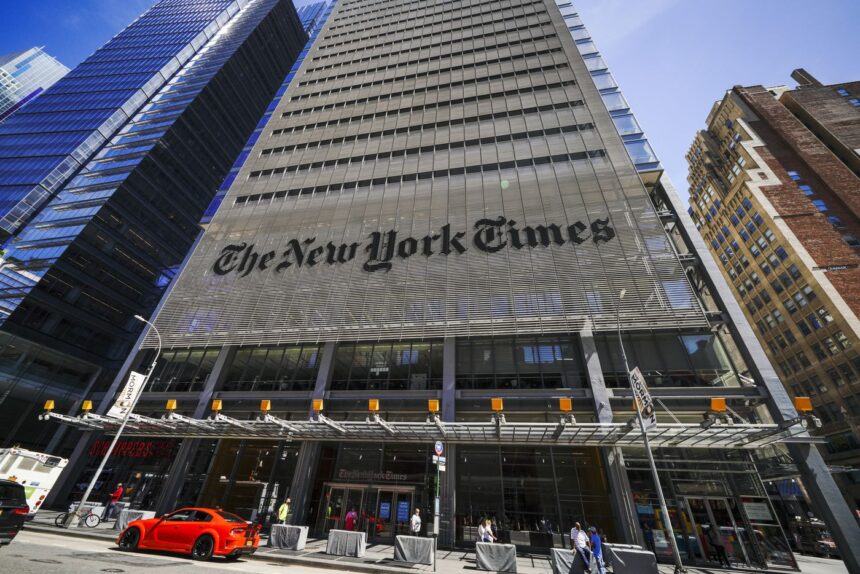New York Times sues OpenAI and Microsoft for copyright infringement

28.12.2023
The New York Times has initiated legal action against OpenAI and Microsoft, alleging copyright infringement related to the use of its content in training artificial intelligence models. The lawsuit, filed in a Manhattan federal court, contends that the companies, while incorporating information from various sources, disproportionately emphasized and exploited New York Times content without permission or compensation. The Times argues that this unauthorized use jeopardizes its ability to provide journalism services, highlighting the vital role of independent journalism in democracy.
The lawsuit does not specify monetary damages but calls for OpenAI (valued at $80 billion) and Microsoft (valued at $2.8 trillion) to be held accountable for potential “billions of dollars in statutory and actual damages.” Additionally, the Times urges the destruction of chatbot models and training data utilizing copyrighted material from the newspaper.
The legal action arises amid a broader concern over the use of published materials in training language models, with several similar cases, including one involving authors, currently underway. OpenAI, in response, has entered partnerships, such as with Axel Springer, to address concerns by incorporating recent and authoritative content with proper attribution into its AI products.
OpenAI expressed surprise and disappointment at the lawsuit, maintaining that ongoing discussions with the New York Times have been productive and constructive. The lawsuit alleges that the breakdown in negotiations occurred after attempts to reach an amicable resolution, including commercial agreements and AI product safeguards, stalled. The Times also raises concerns about AI “hallucinations,” where false information is wrongly attributed to a source, potentially harming the newspaper’s brand.